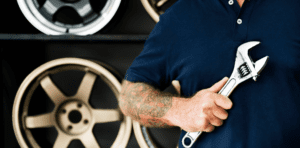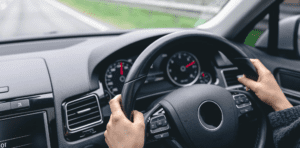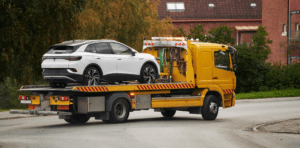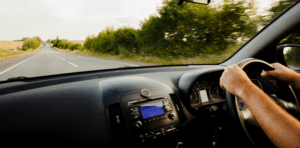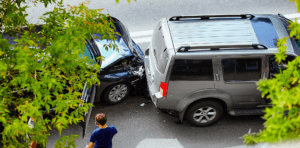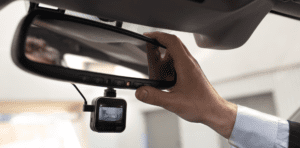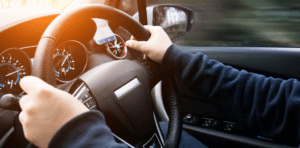Compare cheap car insurance
✔ Compare cheap car insurance quotes
✔ Over 110 insurance providers
✔ Get a quote in minutes
✔ Save up to £504*
If you hit an animal while driving, it’s understandable to feel upset and shaken. However, it’s important to stay calm.
We’ve put together an easy-to-follow guide that outlines the essential information and steps you need to take if you find yourself in this unfortunate situation.
What Should I Do If I Accidentally Hit an Animal While Driving?
Initial Steps
If you’ve unfortunately hit an animal with your car or bike, it’s vital to remain calm. Encounters with animals on the road can be distressing and may carry legal implications depending on the circumstances.
Firstly, safely slow down and stop your vehicle. Assess the situation calmly. You are required to stay at the scene for a necessary period, especially if there are other involved parties such as the animal’s owner, the police, or animal welfare organisations like the RSPCA.
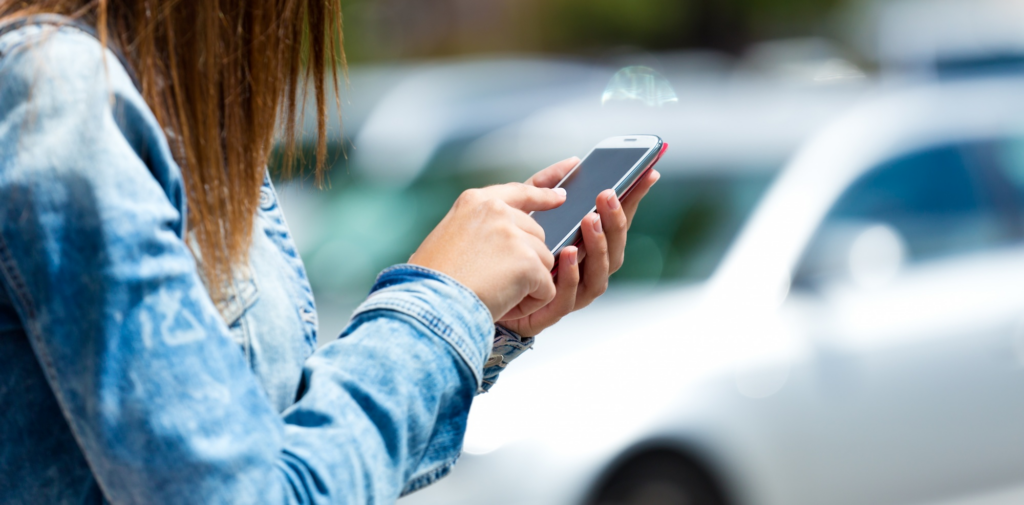

This is mandatory, irrespective of whether you were at fault for the incident.
Handling the Injured Animal
Approach with caution as an injured animal might act defensively. If the animal is a domestic pet, and it’s safe, try to check for an identification tag to contact the owner.
For reporting an injured animal, you can reach out to the RSPCA in England and Wales, the Scottish Society for the Prevention of Cruelty to Animals (SSPCA) in Scotland, or the Ulster Society for the Prevention of Cruelty to Animals (USPCA) in Northern Ireland.
These organisations can advise on the best course of action, which may include directing you to a local vet. Importantly, you won’t be responsible for covering the vet’s fees.
If the Animal Is Dead
Should the animal be deaf and it’s possible to move it, do so carefully to clear the road. This helps in preventing any further obstructions or accidents.
Vehicle Safety Check
Lastly, inspect your vehicle for any damage. It’s crucial to ensure your car is in a safe condition for driving before you leave the scene. Ensuring your safety and that of other road users is paramount after such an incident.
How much can you save on your car insurance?
What to Do If You Hit a Dog
Legal Obligations
Under the Road Traffic Act of 1988, hitting a dog with your vehicle mandates that you report the incident to the police.
Failing to do so is considered a criminal offence. This law underscores the importance of taking immediate action if such an unfortunate event occurs.
Immediate Actions Post-Accident
After ensuring you’ve safely pulled over, your first step should be to contact the police to report the incident.
Should the dog’s owners be present, inform them of your actions and provide both your and the vehicle owner’s details, assuming you are not the owner.
If the Dog Is Alone
In scenarios where the dog is unaccompanied, and it’s safe to approach, check for any identification or contact details on its collar. Always prioritise your safety, being mindful of your surroundings and potential traffic hazards.
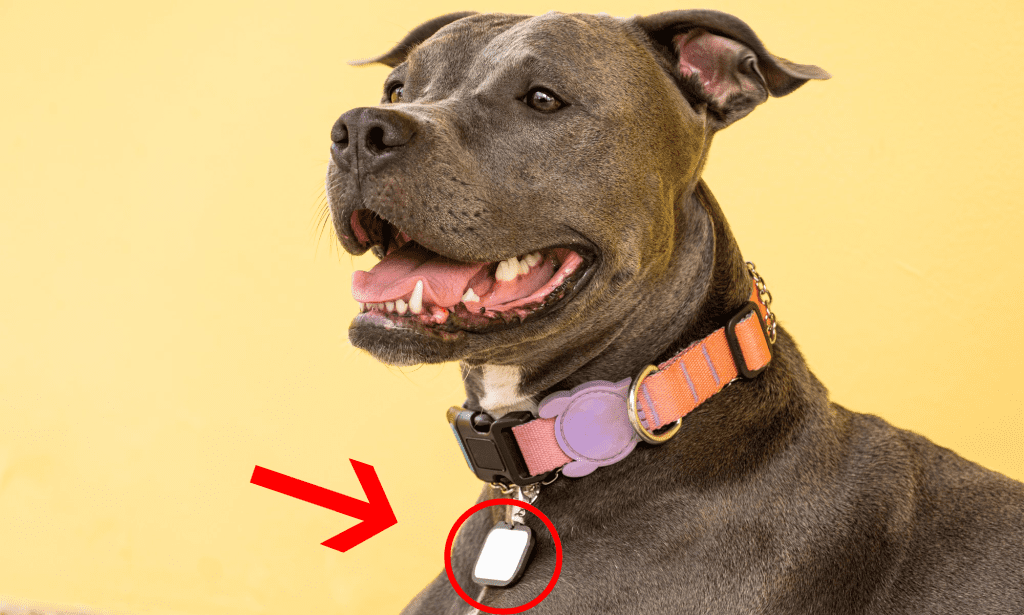

Lacking a collar or identifiable owner details doesn’t exempt you from your reporting duties; the incident must still be conveyed to the police.
Regarding Liability
Typically, the liability for damages falls to the dog’s owner, especially in cases where their pet was allowed to roam freely onto the road, contravening rule 56 of the Highway Code.
This rule explicitly prohibits allowing dogs on the road unsupervised and off their lead, highlighting the owner’s responsibility in preventing such accidents.
How much can you save on your car insurance?
What to Do If You Hit a Cat
Initial Consideration
Unlike incidents involving dogs, if you hit a cat while driving, you are not legally required to report the event to the police. However, there are steps you should take to ensure the welfare of the cat and possibly reunite it with its owner.
If the Cat Is Injured
Should the cat survive but be injured, your first action should be to take it to a local vet. It’s important to inform the vet that you are not the owner.
If the cat has a collar, check for tags that might contain the owner’s contact information. Should you find such details, notify the owners immediately, informing them of the incident and the location of their pet.


In cases where no immediate contact information is available, the vet may be able to identify the owner through a microchip. This technology can significantly aid in tracing the owner and ensuring the cat receives proper care.
When the Owner Is Unknown
If the owner’s details remain elusive, consider taking a photograph of the cat. This can be useful for creating posters to distribute in the local area or for sharing on local internet forums and social media platforms.
Such efforts can increase the chances of the message reaching the cat’s owner, facilitating a reunion.
How much can you save on your car insurance?
What to Do If You Hit a Cow or Other Farmyard Animal
Legal Requirements
In the event that you collide with any domesticated or farm animals such as cows, sheep, horses, goats, pigs, donkeys, or mules, it is imperative to file a police report as mandated by law.
This step is crucial not only for legal compliance but also for the safety and welfare of the animals involved.
Immediate Actions at the Scene
Should the injured animal pose a hazard by blocking the road, find a safe place to park your vehicle and activate your hazard lights.
Use a warning triangle can further alert other motorists to slow down, ensuring their safety and that of the animal. It’s essential to ensure that your vehicle does not obstruct traffic flow or create additional hazards.
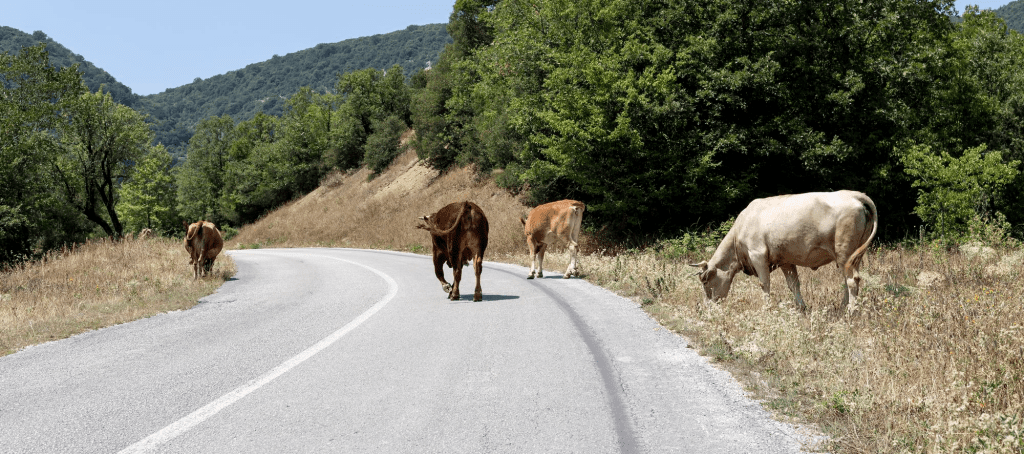
Assessing the Situation for Liability
While on the scene, take a moment to investigate how the animal could have accessed the road.
Identifying an open gate or a broken fence might indicate negligence on the part of the animal’s owner, potentially making them liable for any damage caused by the accident.
This information can be crucial in determining responsibility and may affect any subsequent claims or legal actions.
How much can you save on your car insurance?
What to Do If You Hit a Deer, Bird, or Other Wild Animal
Reporting the Incident
When you collide with a wild animal, such as a deer, bird, badger, rabbit, or fox, it’s not a legal requirement to report the incident.
However, if the injured animal poses a potential danger to other drivers by remaining on the road, it’s advisable to report the situation.
Organisations like the RSPCA in England and Wales, the SSPCA in Scotland, and the USPCA in Northern Ireland recommend contacting them if you injure or kill a wild animal.


Assessing the Animal’s Condition
If it’s safe to do so, try to assess the severity of the animal’s injuries to provide accurate information to the RSPCA or a similar organisation.
Exercise caution when approaching the animal, as they can behave unpredictably when frightened or in pain.
Taking Further Action
For smaller creatures such as birds or hedgehogs, if you’re able to safely transport the animal without causing further stress or injury, consider taking it to a local vet or a wildlife rehabilitation centre.
This act of kindness could be crucial in saving the animal’s life, offering it a chance for recovery and return to the wild.
How much can you save on your car insurance?
Will Hitting an Animal While Driving Affect My Insurance?
Reporting the Incident to Your Insurance Provider
It is highly recommended to inform your insurance provider if you’ve been involved in an accident with an animal, regardless of whether you plan to make a claim or not.
Many insurance policies stipulate in their terms and conditions that all incidents, regardless of their nature or the intended claim status, must be reported.
This step is crucial for compliance with your policy and to avoid any potential issues in the future.
Understanding the Claims Process
If you’re uncertain about whether the incident necessitates a claim, or how to proceed with one, it’s advisable to read through your insurance provider’s guide on the claims process.
This resource can offer valuable insights into how to navigate the situation, detailing when and how to file a claim should you decide it’s necessary.
How much can you save on your car insurance?
Tips to Avoid Hitting an Animal While Driving
Adhering to Speed Limits
Staying within the speed limit is a fundamental aspect of safe driving, particularly important in areas prone to wildlife activity. Maintaining a controlled speed allows for more reaction time should animals unexpectedly cross the road.
Observing Road Signs
Pay close attention to road signs that warn of deer or other wildlife in the area. These signs are placed in known animal crossing zones and serve as an alert to drivers to be more vigilant.
Driving Cautiously During High-Risk Times
Animals are more likely to roam during the early hours of the morning and late in the evening, coinciding with reduced visibility.
Extra caution is advised during these times, as well as in residential areas where domestic pets may be present.
Ensuring Proper Vehicle Maintenance
Make sure your vehicle’s lights are functioning properly to improve visibility at night, and always keep a safe distance from the vehicle ahead, especially in wildlife corridors where sudden braking may be necessary.
Using High Beams Appropriately
When driving on rural roads at night and no other motorists are around, use your high beam lights to spot animals more easily.
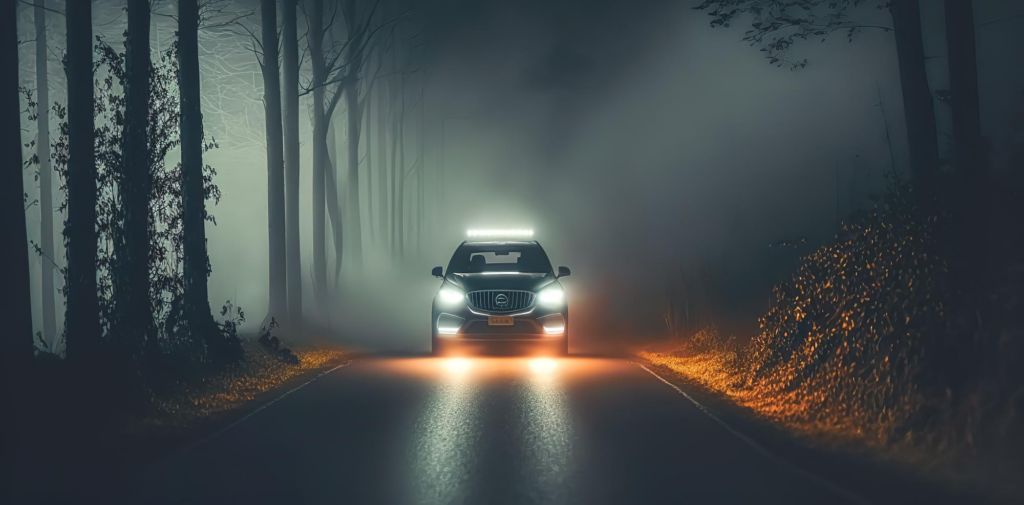

However, be mindful to switch back to low beams when other vehicles are present to avoid dazzling other drivers.
Being Extra Vigilant During Deer-Rutting Season
The period between September and early November, known as the deer-rutting season, requires additional caution. Deer and especially stags can be more unpredictable and aggressive during this time.
Understanding Insurance Implications
Be aware that failing to adhere to the rules of the road or ignoring local wildlife signs may affect your ability to claim on car insurance for any damages incurred by hitting an animal.
For guidance on navigating tricky driving conditions, such as those encountered in winter, consider reading up on winter driving safety tips.
This additional knowledge can further enhance your driving safety, particularly in challenging environments.
How much can you save on your car insurance?
Frequently asked questions
Discovering a dead animal on the road, be it a domesticated pet such as a cat or dog, or a wild animal like a deer, badger, or fox, requires you to take action.
It’s advisable to report this to your local council. This ensures the proper and respectful handling of the situation, whether it involves a beloved pet or local wildlife.
Under Section 170 of the Road Traffic Act of 1988, accidents involving dogs and various farmyard animals must be reported due to their designation as working animals.
Cats, however, are not covered by this requirement because they are classified solely as domestic pets. This distinction in the law reflects the different roles and statuses attributed to these animals.
Whether you can claim on your car insurance for damage resulting from an encounter with an animal depends on the specific situation and the details of your policy.
If you’re unsure about where you stand, it’s wise to contact your insurance provider for clarification.
They can provide guidance on how to proceed, and it’s recommended to report the incident to them, regardless of whether you plan to make a claim.
This ensures that all details are duly noted and can assist in future discussions about your policy or claims.
In the unfortunate event of an accident with a large farmyard animal or a deer, which can cause significant damage to your vehicle, gathering comprehensive evidence is crucial for supporting your insurance claim.
Despite the distressing nature of the situation, it’s important to take photos of the accident scene and the immediate environment.
Pay attention to any broken fences or open gates that might have allowed the animal to enter the road. Additionally, interacting with witnesses at the scene to obtain their details and, if feasible, a witness statement, can greatly bolster your claim.
If your vehicle is equipped with a dashboard camera, ensure you back up the footage promptly. This evidence can be invaluable in the claims process, helping to clarify the circumstances surrounding the incident.
Whether you will be liable for causing an accident while attempting to avoid hitting an animal greatly depends on the specific circumstances.
If, in your efforts to avoid the animal, you slam on the brakes, execute an emergency stop, or swerve and this action leads to a crash or collision with other vehicles, you could be held responsible for any damage or injury inflicted on other drivers and their passengers.
The determination of liability will take into account the nature of your manoeuvres and their impact on the surrounding traffic.

